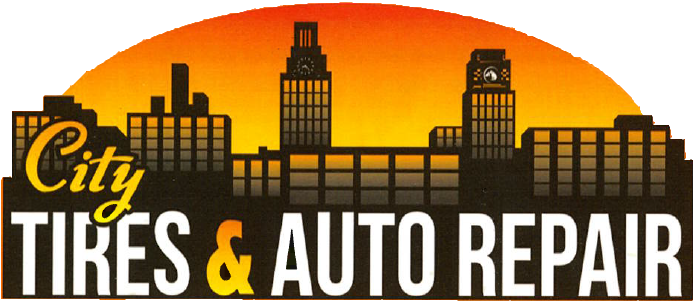Brakes

Brake Inspection:
Technicians check the entire brake system, including brake pads, rotors, calipers, and brake fluid levels. They look for wear and tear, leaks, and other potential issues.
Brake Pad Replacement:
Worn brake pads are replaced to ensure effective braking. This service often includes inspecting the rotors and calipers for any damage.
Brake Rotor Replacement:
If the brake rotors are warped or too thin, they need to be replaced. Rotors work with the brake pads to stop the vehicle.
Brake Fluid Exchange:
Old brake fluid is replaced with new fluid to maintain the hydraulic pressure needed for effective braking.
Caliper Replacement:
Calipers, which house the brake pads and pistons, are replaced if they are leaking or not functioning properly.
Brake Line Repair:
Damaged or leaking brake lines are repaired or replaced to ensure the brake fluid can travel from the master cylinder to the brakes.
ABS (Anti-lock Braking System) Service:
The ABS system is checked for any issues, and repairs are made to ensure it functions correctly, preventing wheel lock-up during hard braking.
These services help maintain your vehicle’s braking performance and ensure your safety on the road. If you notice any unusual noises, vibrations, or a decrease in braking efficiency, it’s a good idea to have your brakes inspected by a professional.